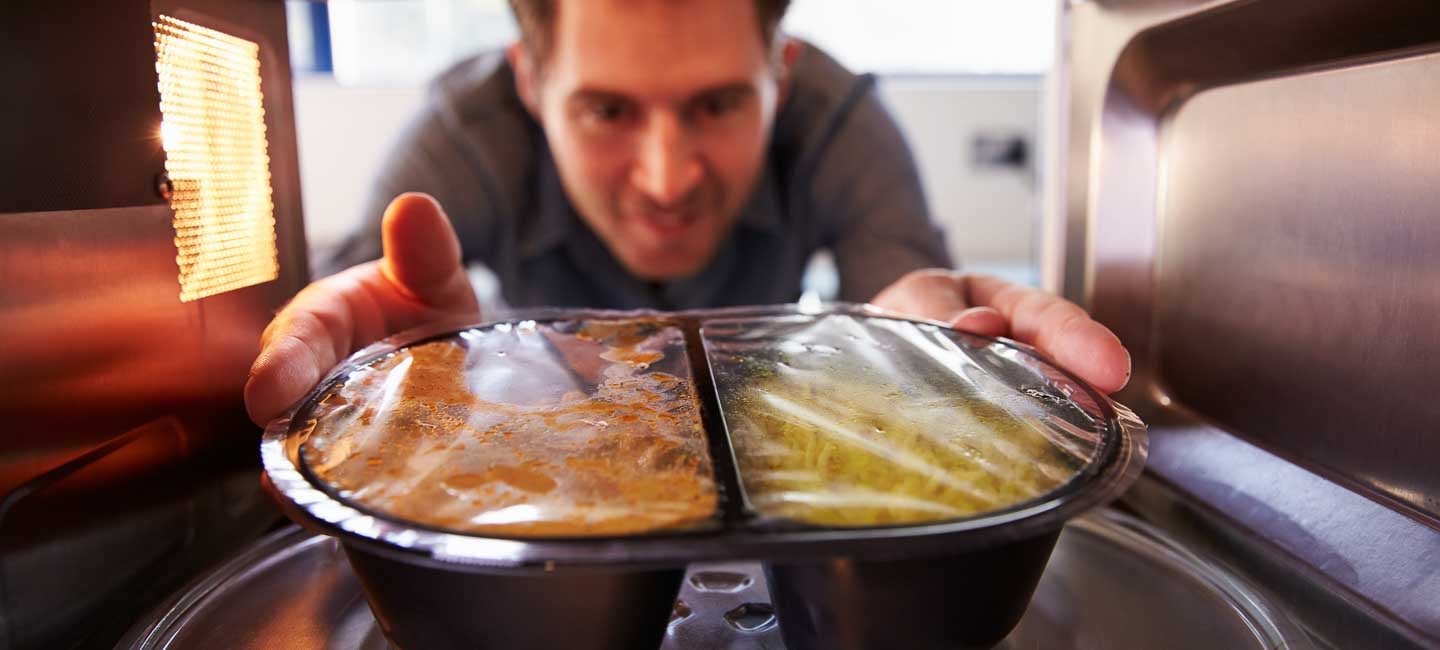Does the Use of Plastic Containers in the Microwave Cause Cancer?
We’ve all heard the myth that microwaving plastic containers can release cancer-causing substances into your food, but is it true? We asked Moffitt epidemiologist Dr. Jenny Permuth to separate fact from fiction.

Dr. Jenny Permuth, assistant member of Moffitt's Cancer Epidemiology Program
“Plastic containers and wraps that are labeled as ‘microwave-safe’ by the Food and Drug Administration (FDA) are indeed safe to use in the microwave and have not been shown to cause cancer,” said Dr. Permuth. “Historically, the public has been warned that microwaved plastic releases cancer-causing chemicals called dioxins into food. However, plastics don't contain dioxins. Rather, dioxins are created when plastics and other substances burn or melt. As long as you don't burn your food in a microwave or use containers not intended for microwave use that could melt and possibly leak chemicals into your food, you aren't exposing yourself to dioxins. If a container does not have a microwave-safe label, it isn’t necessarily unsafe; the FDA just hasn’t determined whether it is or not.”
Dr. Permuth offers these helpful tips when using the microwave:
- If you are concerned about using plastic containers or wraps in the microwave, transfer food to glass or ceramic containers labeled for microwave oven use.
- Wax paper, kitchen parchment paper, or white paper towels that fit over a plate or bowl may serve as useful alternatives to plastic.
- The majority of takeout containers, water bottles, plastic storage bags and plastic tubs that hold margarine, yogurt, whipped topping and foods such as cream cheese, mayonnaise and mustard are not microwave-safe.
- Microwavable takeout dinner trays are made for one-time use only.
- Old, scratched, or cracked containers should be thrown out as they may leak out more chemicals.
- Before microwaving food, leave the lid slightly open or lift the edge of the cover to allow ventilation.



